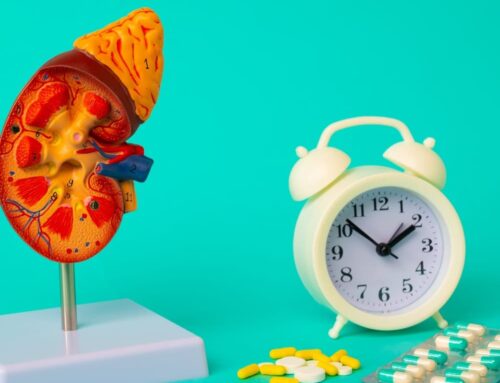In recent years, there has been a growing recognition of the profound connection between nutrition and mental health. The emerging field of nutritional psychiatry explores how the food we consume can impact our mood, cognitive function, and overall mental well-being. One of the key factors in this connection is the “gut-brain connection.” In this blog, we will delve into the fascinating relationship between nutrition and mental health and how the health of your gut can influence your mind.
The Gut-Brain Connection
The gut-brain connection, often referred to as the “gut-brain axis,” is a bidirectional communication system between the gastrointestinal tract (the gut) and the brain. This intricate network involves the nervous system, the endocrine system, and the immune system. It allows the gut and the brain to communicate with each other through various pathways.
The Role of the Microbiome
At the heart of the gut-brain connection is the gut microbiome—the community of trillions of microorganisms, including bacteria, viruses, and fungi, that reside in your digestive tract. These microorganisms play a crucial role in various aspects of physical and mental health.
1. Mood Regulation
The gut microbiome can influence the production of neurotransmitters like serotonin and dopamine, which play key roles in regulating mood and emotions. An imbalance in these neurotransmitters has been linked to conditions such as depression and anxiety.
2. Inflammation and Immune Response
An unhealthy gut can lead to chronic inflammation, which has been associated with a higher risk of mental health disorders. Chronic inflammation may affect the brain’s structure and function, potentially contributing to conditions like depression and cognitive decline.
3. Nutrient Absorption
The gut is responsible for absorbing essential nutrients from the food we eat. Nutrient deficiencies, such as those in vitamins and minerals, can have a significant impact on brain function and mental health.
Nutritional Psychiatry: What to Eat for Mental Well-being
Nutritional psychiatry is a field of research that explores how dietary choices can impact mental health. While individual responses to food can vary, there are some general guidelines for maintaining a healthy gut-brain connection:
1. Eat a Balanced Diet
A diet rich in whole foods, such as fruits, vegetables, whole grains, lean proteins, and healthy fats, provides the nutrients needed to support both gut and brain health.
2. Fiber-Rich Foods
Fiber promotes the growth of beneficial gut bacteria. Incorporating high-fiber foods like beans, legumes, and whole grains into your diet can support a diverse and healthy gut microbiome.
3. Probiotics and Fermented Foods
Probiotics, found in foods like yogurt, kefir, sauerkraut, and kimchi, introduce beneficial bacteria to the gut, promoting microbial diversity and balance.
4. Omega-3 Fatty Acids
Omega-3 fatty acids, found in fatty fish, flaxseeds, and walnuts, have anti-inflammatory properties that may benefit both gut and brain health.
5. Limit Processed and Sugary Foods
Highly processed and sugary foods can disrupt the gut microbiome and promote inflammation. Reducing these foods in your diet is essential for overall health.
The gut-brain connection highlights the profound influence that nutrition can have on mental health. By nourishing your gut with a balanced and nutrient-rich diet, you can positively impact your mood, cognitive function, and overall well-being. While nutrition is not the sole solution for mental health challenges, it is a critical factor that, when combined with other strategies, can contribute to a healthier and happier mind. Always consult with a healthcare professional for personalized guidance and treatment for mental health concerns.








